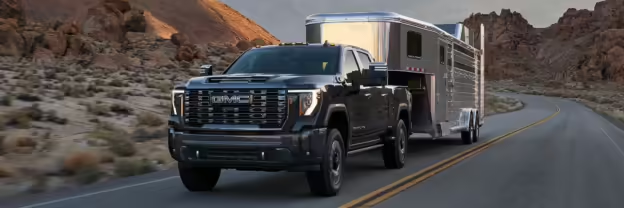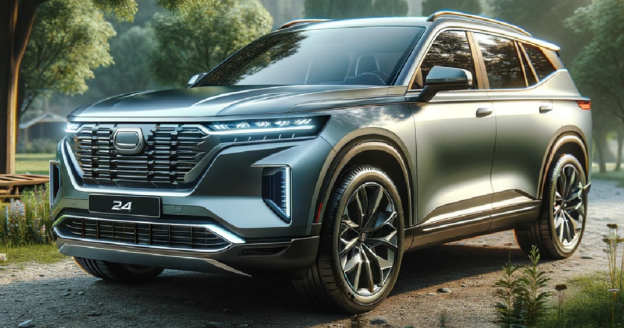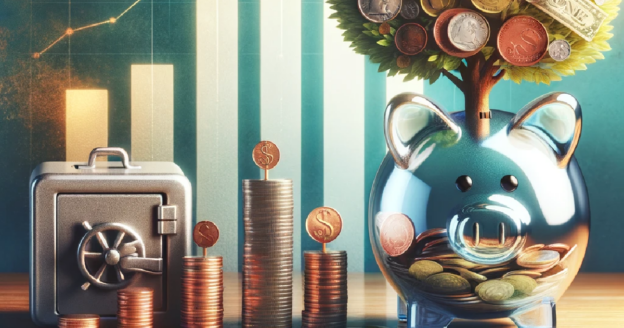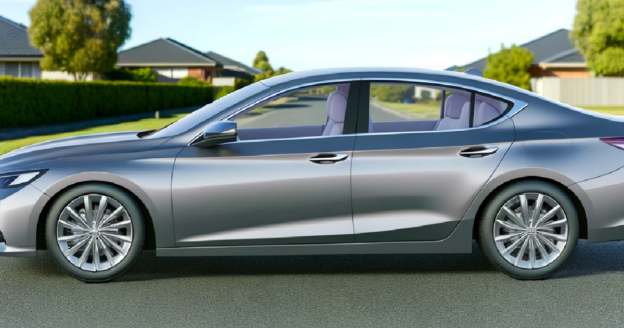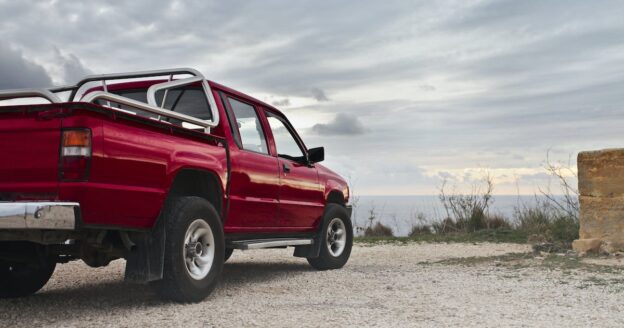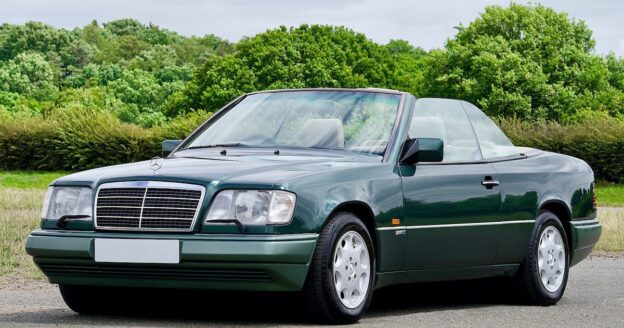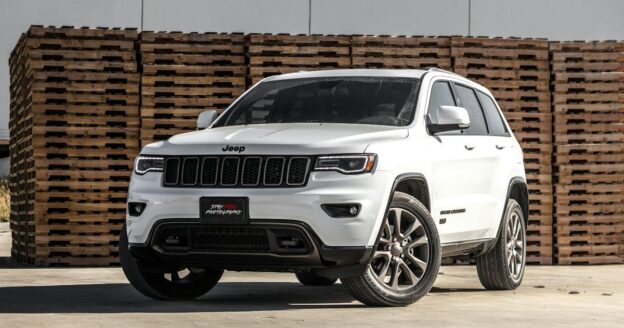GMC trucks are renowned for their premium design, robust performance, and advanced technology. The 2023/2024 lineup continues to uphold these standards, offering a range of models tailored to meet the diverse needs of truck enthusiasts. Let’s explore the top models in the GMC lineup:
- 1. GMC Canyon
- The GMC Canyon strikes a balance between capability and maneuverability, making it an excellent choice for those seeking a midsize truck. With its refined interior, advanced infotainment options, and available diesel engine, the Canyon is well-suited for both urban adventures and off-road excursions.
- 2. GMC Sierra 1500
- Combining luxury with capability, the GMC Sierra 1500 is a standout in the full-size truck segment. The 2023/2024 models feature distinctive styling updates and a host of technological advancements, including an available MultiPro Tailgate and advanced driver-assistance systems, enhancing both utility and convenience.
- 3. GMC Sierra 2500HD
- Built to handle heavy-duty tasks with ease, the GMC Sierra 2500HD offers impressive towing and payload capacities. Whether towing a trailer or hauling equipment, this truck delivers uncompromising performance, supported by powerful engine options and advanced towing technologies.
- 4. GMC Sierra 3500HD
- At the top of the GMC lineup for heavy-duty trucks, the Sierra 3500HD excels in power, capability, and durability. Designed for maximum towing and payload requirements, it features robust engineering, including available dual rear wheels for enhanced stability when hauling large loads.
- 5. GMC Sierra 3500HD CC (Chassis Cab)
- Ideal for commercial applications, the Sierra 3500HD CC provides a configurable chassis cab platform. This allows businesses to tailor the truck to specific vocational needs, whether for utility bodies, flatbeds, or other specialized equipment, ensuring optimal efficiency and functionality.
Conclusion
Whether you choose Chevrolet or GMC, the 2023/2024 truck lineup offers a comprehensive range of models designed to meet the demands of modern drivers and businesses alike. From everyday versatility to heavy-duty performance, these trucks exemplify the commitment to quality and innovation that defines both Chevrolet and GMC brands. Whatever your needs may be, there’s a Chevrolet or GMC truck ready to exceed your expectations.

